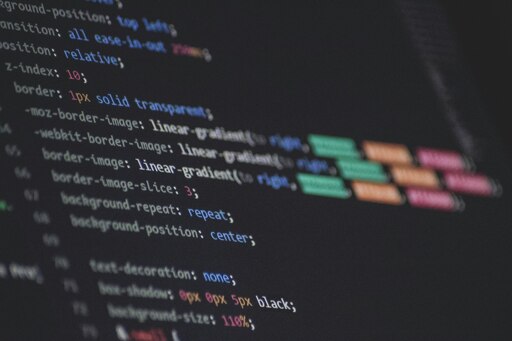In December 1993, the New York Times published an article about the “limitless opportunity” of the early internet. It painted a picture of a digital utopia: clicking a mouse to access NASA weather footage, Clinton’s speeches, MTV’s digital music samplers, or the status of a coffee pot at Cambridge University.
It was a simple vision—idealistic, even—and from our vantage point three decades later, almost hopelessly naive.
We can still do all these things, of course, but the “limitless opportunity" of today’s internet has devolved into conflict, hate, bots, AI-generated spam and relentless advertising. Face-swap apps allow anyone to create nonconsensual sexual imagery, disinformation propagated online hampered the COVID-19 public health response, and Google’s AI search summaries now recommend we eat glue and rocks.
The promise of the early web—a space for connection, creativity, and community—has been overshadowed by corporate interests, algorithmic manipulation, and the commodification of our attention.
But the heart of the internet—the people who built communities, shared knowledge, and created art—has never disappeared. If we’re to reclaim the web, to rediscover the good internet, we need to celebrate, learn from, and amplify these pockets of joy.



Limitless opportunity comes with limitless opportunities for corruption
Seems obvious but people don’t ever learn that till we see it happen over and over. . I have.